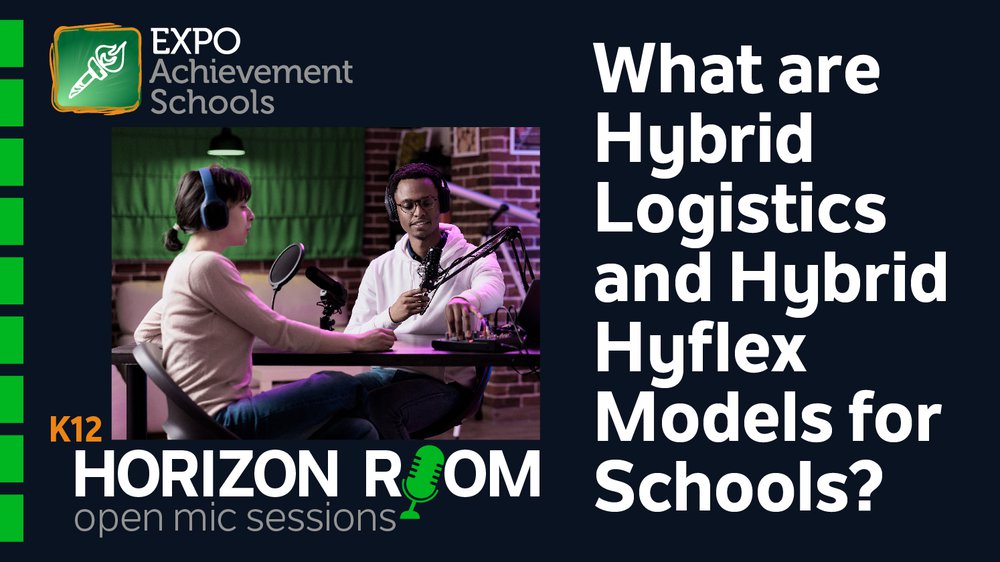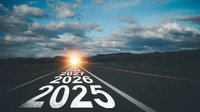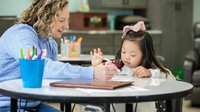Welcome to another exciting episode of the Horizon Room’s Open Mic series, a chance for educators to be a part of a national discussion on the most important issues facing education.
Your hosts, Learning Counsel News Media and Research CEO LeiLani Cauthen and Learning Counsel Chief Academic Officer Chris McMurray, bring you a fast-moving, get-you-where-you-live agenda that gets to the heart of the issues in K-12 education today.
In today’s episode, Cauthen and McMurray bring you two models that just might save public education, Hybrid Logistics and Hyflex, a hybrid of the hybrid, if you will.
Our special guest is long-time Learning Counsel friend Dr. Karla Burkholder, Director of Technology at Schertz-Cibolo-Universal City ISD in the San Antonia area of Texas.
According to McMurray, “Today's conversation is really for folks who have yet to dig into those two models very much, and also to talk about what the implications for that type of a model shift might be. And really, how do we start moving forward as systems in an explicit way to actually think about that model shift?
“Existing models haven't changed since the turn of the century. This is industrial era planning and organization for teaching and learning. And that's outpaced. That's gone. The need for that is no longer existent. The things that people are looking for in the workforce and the reasons behind the preparation that we're doing with and for kids to get them out into the field and be effective in their workplace, that's changed. That stuff is, is different now and it's going to be different.”
“I think it, a lot of people may not understand that the current system was designed so that people didn't think,” added Burkholder. “They didn't need you to think, they needed you to learn a skill, learn a process, and move it on down the line. They didn't need thinkers. Now we need thinkers, and this can't serve that.”
“I think what's happening right now,” said Cauthen, “Is we have been pointing out the problem. I feel like what happens as soon as we start bringing out this model conversation and how change needs to happen is, we see people get uncomfortable in every city that we're in, you watch people sort of squirm.
They're uncomfortable having it pointed out, once again, that they're doing it wrong. The structure's all wrong and they need to pay attention to this, this, this, this and this. So, what I think is happening right now is that there's been a distillation since the pandemic into exactly where things need to go, but more important than need. I think we're all in agreement, there's going to be a structural change.” right? So we're not saying an apple is gonna become a cut up apple. We're gonna say you're gonna be an orange now it's a totally different thing, right? , It's not even off the same tray. Um, and that even makes people even more uncomfortable cuz until they really clearly see the detail of that, they're still like, what? And they fall back into their comfort position. Don't you agree, Carla? Is that what you Yeah,
“We teach as we were taught,” said Burkholder. “And the idea of having to change that, especially when you're someone like me, almost through your career. I mean, why in the world would I change now? But yeah, I think we absolutely have to change to something different and not just modify doesn't work. We must help people understand the urgency of doing that. It's really not about us, it's about kids.”
You’ll want to listen to this frank, no-holds-barred discussion, to learn about the new model changes, and to understand how (and why) to bring them to your district. It’s about the future, and the future of learning. The pandemic was merely a wake-up call. Now the real future begins. You can be a part of it, and your students will be prepared for what this new future brings.











